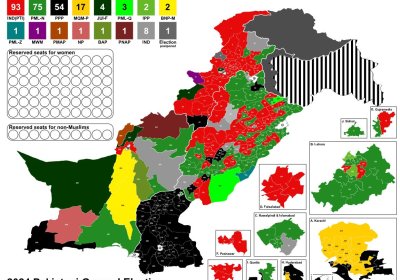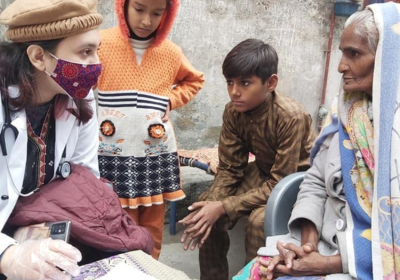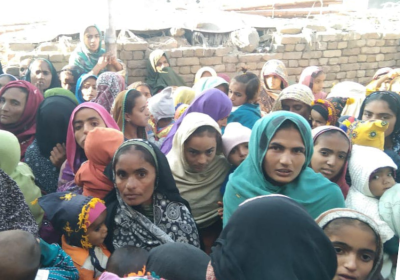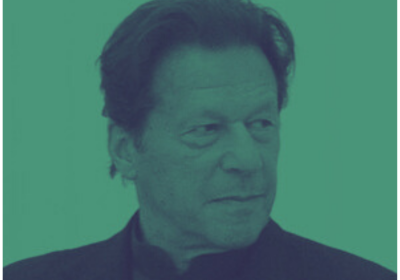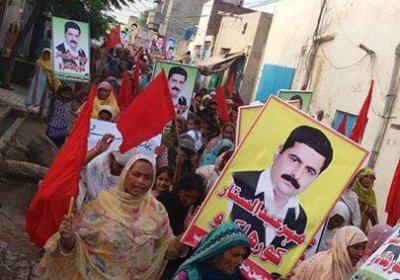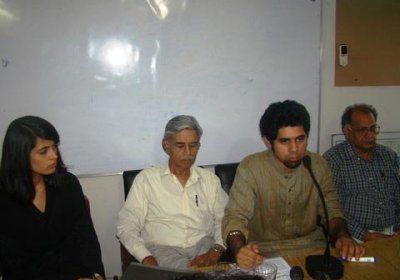Pakistan’s February 8 general elections resulted in a split vote, with no party securing a clear national majority, writes Farooq Tariq, offering little hope for positive change, as the incoming government is poised to fast-track neoliberal policies, privatise state institutions and deepen class exploitation.
Lahore
The International Monetary Fund approved a larger-than-expected conditional loan — worth US$3 billion — for Pakistan, on July 12, reports Farooq Tariq. But ordinary people will pay the cost.
While floodwaters have receded across much of Pakistan, relief efforts continue to support flood-affected communities, reports Farooq Tariq.
Since he lost power, former Pakistani prime minister Imran Khan’s rhetoric against the United States has intensified. However, Khan’s anti-US stand cannot be called anti-imperialism, writes Farooq Tariq.
Green Left speaks to veteran Pakistani socialist Farooq Tariq about the attitudes of the Pakistani state and ruling elite to the Taliban's recent return to power.
Ali Wazeer, a central committee member of The Struggle group, has won a seat in the national parliament with 23,530 votes on July 25. His closest rival for the seat, from a religious alliance, got only 7515.
A key leader of the Pashtun Tahafaz Movement (PTM), Wazeer was one the organisers of the mass meetings organised in major cities that demanded fair compensation to the victims of the “war on terror”. This campaign also demanded the release of all “missing” persons, or else that they be tried in court.
In his election victory speech on July 26, Imran Khan gave a sober talk that ran contrary to the violent language he used throughout the election campaign, notes Farooq Tariq from Lahore.
Khan’s Pakistan Tereek-e-Insaf (PTI) “won” 116 seats in the National Assembly out of the 342 seats, of which 278 seats are contested directly on the First Past the Post (FPTP) system.
Large swathes of Pakistan are in the stranglehold of a caricatured feudalism, writes Farooq Tariq.
The following statement was released on November 11 by Farooq Tariq, spokesperson for the Awami Workers Party in Pakistan.
* * *
On the night of November 3, the Turkish police detained Selahattin Demirtaş and Figen Yüksekdağ – the co-chairs of the People’s Democratic Party (HDP) – alongside several other Members of Parliament who were democratically voted in with over 5 million votes in the last parliamentary election.
 Fundamentalist mob torches Christian neighbourhood in Lahore. March, 2013.
Religious terrorism has become one of the major challenges for most Asian countries, particularly in South and West Asia. It has resulted in seemingly non-stop bombings, suicide attacks and other means of terrorism.
Fundamentalist mob torches Christian neighbourhood in Lahore. March, 2013.
Religious terrorism has become one of the major challenges for most Asian countries, particularly in South and West Asia. It has resulted in seemingly non-stop bombings, suicide attacks and other means of terrorism.
- Page 1
- Next page
